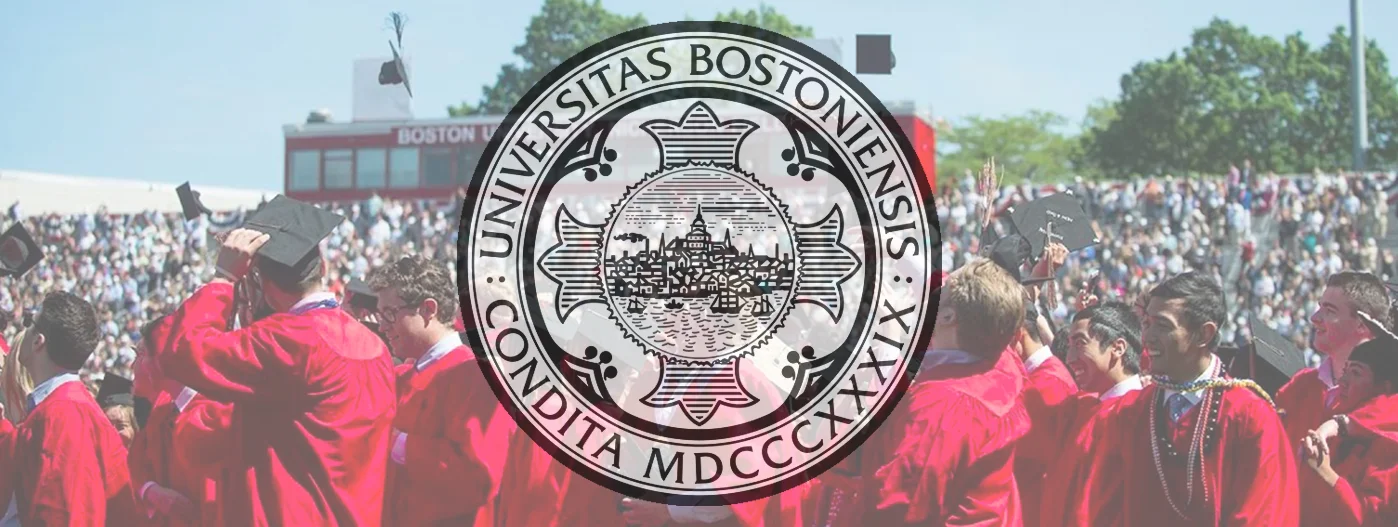Athletes as the Media
“I’m not a writer. My grammar was poor. I didn’t have all of the right commas.”
As I heard these words fall from Ryan Whitney’s lips, I felt my pen give way.
There I was, sleep-deprived and stressed out, chasing a dream which many I had met deemed impossible – writing sports. And there he was, discussing the process by which his opinion, one he “enjoyed expressing,” was ghost written for The Player’s Tribune.
I won’t waste time waxing on about the lack of justice served when athletes proceed to the front of the line simply because of their status or previous on-field (on-court, on-ice, etc.) experience. Nothing can or will change that. But I will briefly state my peace.
Being an athlete has always been, in my opinion, one part genetic predisposition and one part work ethic. I believe writing to be no different.
Call me vain, but it has always been my firmest contention that I was meant to be a writer. Should there be such a thing as destiny, then mine was to be a wordsmith. Regardless of the topic, time or place, I write. Of course practice and instruction have gone long ways to honing my skills, but the fact remains, this is what I was meant to do.
Anyone who chooses to commit themselves to this field has to work at becoming the best. Just as Whitney and fellow guest Dalen Cuff rose to the top amongst other hard-working athletes, however, some of us, by innate capability, inevitably will as well.
Losing the job to a fellow reporter is something that, although I won’t love, I can bear. Losing it to someone who has not undergone the formal training or acquired the necessary and relevant journalism experience, I cannot.
Certainly, I will never pretend that I possess equal or more knowledge about the inner workings of hockey or basketball than Whitney or Cuff. I likely never will. But is reporting, journalism and being a media member in sports solely about wielding the Xs and Os?
“As an analyst, you’re supposed to be an expert,” Cuff explained, reinforcing the importance of being present whenever possible for practices and games.
These men will undoubtedly be classified as experts in their respective sports. They may even be experts in others. As Cuff mentioned, he has great interests in soccer, and although I have a limited scope of knowledge on the sport, it seemed to me that he knew a great deal. He never played professionally or even collegiately, but I won’t disqualify him from reaching the “expert” status should he put the time and effort in.
In fact, I won’t disqualify myself or any of my classmates from reaching that status – athlete or otherwise.
My peer Ashley Boitz makes a tremendous comparison between athletes as media and athletes as coaches. Although knowledge and experience with the game will lend so much to the coaching process, as it does to work in media, there remains so much more.
Including, but not limited to, technical aspects such as lede writing or reading off of a teleprompter – both nuances of the field that Cuff admitted he was initially lacking.
And while those can be taught on-the-job, facets such as articulate phrasing won’t be.
Much like the Language Acquisition Device which predisposes us all to learn a variety of tongues at a young age, I believe that learning certain portions of the media field in a formal setting, working with professors and fellow students, is a crucial state of skill development.
One simply can’t go back and tweak their strange shooting mechanics (otherwise Shawn Marion likely would have), and one simply can’t rewind and acquire those aforementioned intangibles.
Which is not to say that an athlete (or anyone who doesn’t dedicate themselves to the field early on) won’t be successful or talented (notably separate things). The outcome, the product, the polished, final result of a reporter, however, will be substantially different.
My point: although it seemed to me that Cuff in particular viewed his on-court experience as a differentiating advantage to his work, I believe that my time spent building on my craft at an institution such as Boston University too provides a leg up.
Bottom line: rightly or wrongly, they balance each other out. Cuff seemed, in a roundabout way, to agree.
When I asked both men about the value of journalism, he replied that he could have benefited from some. But upon entering work in media, he didn’t feel unqualified. He simply presumed his minutes on the hardwood would sufficiently fill the gaps.
The state of sports media has proven his assumption to be true. I, myself, tune in to watch former athletes commentate and analyze the sports I love. It doesn’t mean that they’re the only ones capable of filling that role.
As a woman who spends a great deal of time writing about football, I already know that my credibility in the way of on-field experience will be none. At some point or another, most men have lined up for at least one snap of the pigskin. Obviously, I have not.
Because I staunchly contend that I bring a variety of other tools to what I do, however, I won’t accept being considered the second or even third option.
I’ve dressed for the job I want (in a blazer, not shoulder pads). I’ve spent countless hours honing my craft (with a tablet, not tackles). I’ve dedicated my education to telling a story the best way possible, and that’s precisely what I plan to do.
So to athletes untrained in media, I say this: quitting your day job does not mean automatic entry into mine.

